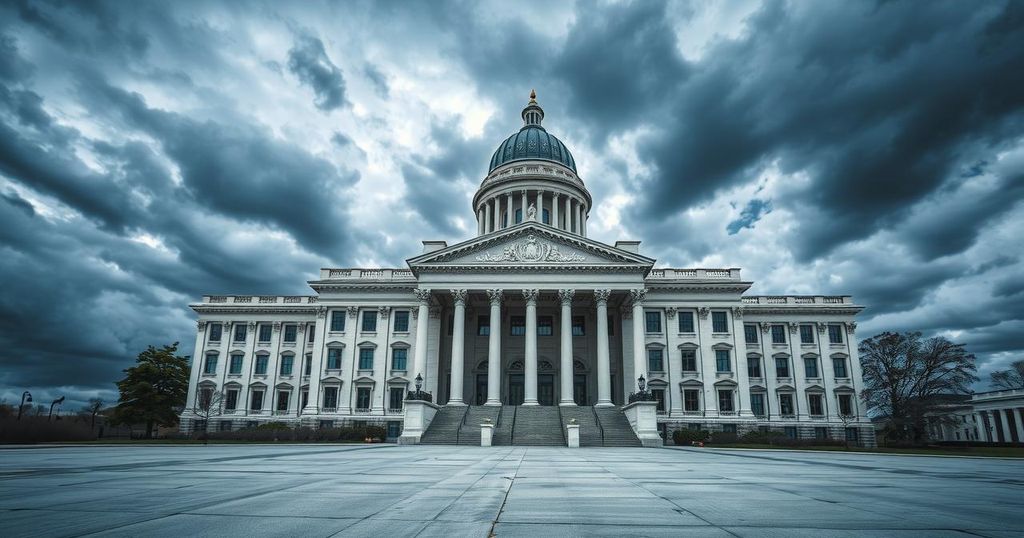Argentina’s IMF Deal Faces Critical Congressional Vote

Argentina’s Congress is debating a new IMF deal, crucial for stabilizing finances amid economic challenges. President Javier Milei’s government seeks support despite holding a minority. Opposition has surfaced, highlighting concerns about austerity measures, with a pivotal vote approaching that could determine the country’s financial outlook.
Argentina’s Congress commenced discussions on a potential new agreement with the International Monetary Fund (IMF), with a vote anticipated on Wednesday. This represents a critical step for the Argentine government, led by President Javier Milei, as it seeks to stabilize the nation’s finances. Members of Congress have the authority to reject the decree supporting the new IMF program if both chambers oppose it.
The nation is grappling with negative net foreign currency reserves, a consequence of years characterized by excessive spending, frequent currency crises, and defaults. Argentina holds the distinction of being the IMF’s largest borrower, having engaged in 22 loan programs, with ongoing repayments stemming from a $44 billion deal established in 2022.
The government asserts that a new arrangement with the IMF is essential to strengthen the central bank’s finances and facilitate the potential removal of capital controls that have been in effect since 2019, which they argue hinder economic activity. President Milei’s libertarian party holds a minor presence in Congress; however, he has successfully garnered support from conservative and moderate factions to advance his agenda.
Moderate Peronist lawmaker Miguel Pichetto expressed conditional support, stating, “I support this though with a critical eye. I will vote in favor”. He voiced concerns regarding the decree’s lack of clarity but emphasized the need to prioritize Argentina’s economic future.
Having emerged as an unexpected electoral victor in 2023, President Milei pledged to rectify Argentina’s persistent economic turmoil. While he has made strides in lowering inflation and addressing fiscal disparities, he now confronts the pressing tasks of stimulating growth and restoring government revenue. The forthcoming IMF agreement will serve as a benchmark for Milei’s legislative effectiveness, particularly after some legislators expressed discontent with his resort to a presidential decree instead of pursuing a standard legislative process.
Furthermore, Milei’s stringent austerity measures and expenditure reductions have exacerbated poverty levels, leading to protest actions, particularly from affected pensioners. A regular protest was anticipated later on Wednesday outside the Congress, showcasing the public’s unrest regarding the government’s economic strategies.
In summary, Argentina’s Congress is poised to vote on a crucial IMF deal that aims to address the country’s financial issues. Despite President Milei’s minority in Congress, the government seeks to reassure support for the agenda amid rising socioeconomic challenges. The outcome of this vote will significantly impact Milei’s ability to implement his economic strategies and stabilize the nation for future growth.
Original Source: www.usnews.com







